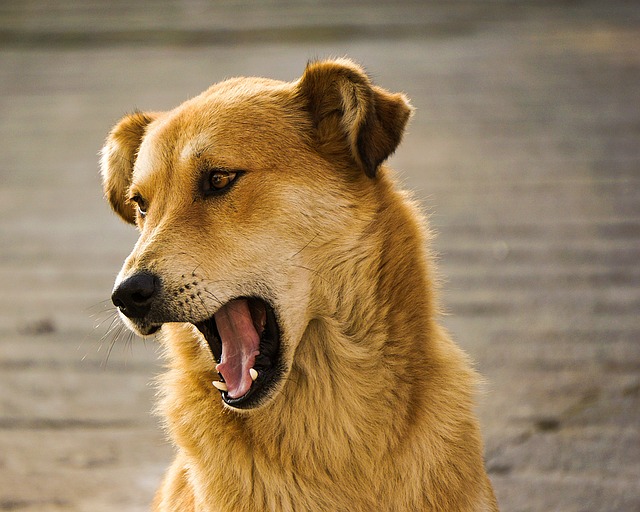Veterinarians with Los Angeles County are reporting a number of H3N2 canine influenza cases in dogs this year in the county. As of April 7, there have been 34 sick dogs reported, including 5 confirmed by laboratory testing (PCR) and 29 suspected.

The sick dogs, plus an additional 8 healthy but exposed dogs, are under quarantine or isolation in 10 locations around Los Angeles County. So far there are no cases reported outside of these locations.
Samples from the several dogs have been submitted to veterinary virologists in order to compare this virus to the H3N2 canine influenza virus that caused the outbreak in dogs in Chicago in 2015.
In March 2017, H3N2 canine influenza was identified in dogs in Los Angeles (LA) County. Most of the dogs were imported from Asia and seen by a veterinarian upon arrival into LA County. The dogs showed signs consistent with influenza such as coughing, sneezing, fever and nasal discharge. A total of 27 dogs were sick with the disease and treated with supportive care. Final testing of two dog revealed a strain of canine influenza (H3N2) commonly found in Asia, further testing is pending. Most of the dogs have recovered.
H3N2 canine influenza usually causes mild disease in dogs and on rare occasions can also infect cats. This strain of canine influenza was first found in the US in 2015 when it caused a large outbreak in the Chicago area that spread to other parts of the country. Infected dogs start shedding the the virus 2 days before the start of clinical signs, and for 21 days or longer afterward. Transmission of influenza usually occurs through contact with infected respiratory secretions (e.g. coughing, sneezing) as well as from contamination of the environment (e.g. bedding, floors, bowls, collars, leashes).
To date, there is no evidence that humans can become sick with H3N2 canine influenza.
Veterinary Public Health recommends the following for pet owners:
-
If you think your pet has influenza, keep it away from other animals and contact your veterinarian.
-
Pets that frequently interact with other dogs (e.g. dog park, groomer) should be vaccinated against H3N2 Canine influenza.
-
To prevent spread of disease, do not let a sick pet come in contact with other animals or share its food bowl, leash, toys or other supplies.
-
Wash your hands after touching your pet.
Related:


tell me again why we need to “rescue” dogs from other countries that bring diseases to our own dogs.. tell me again why we need to import ANY dogs if we have such a huge “overpopulation problem ” here every imported dog kills an American shelter dog but you know what they do do? they raise toms of CASH for the “charities” that push them on the public. STOP IT